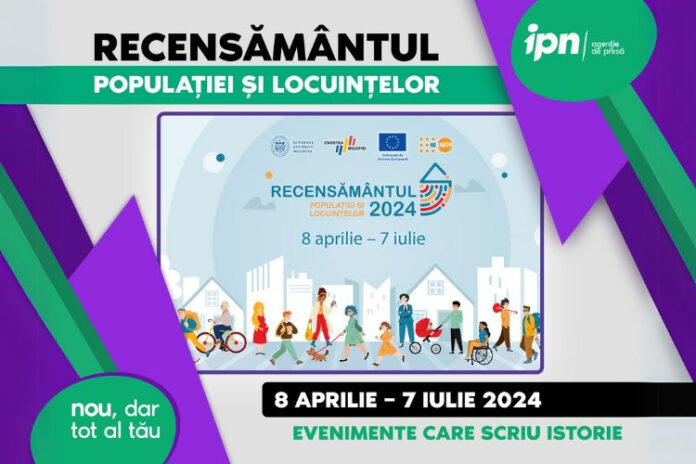Once every ten years, Moldova takes stock. Have Moldovans left the country or chosen to stay? How many women, men, children, and elderly people live in the country, and what language do they speak? These, and many other questions, are answered through the Population and Housing Census.
The most recent census took place in the Republic of Moldova a year ago. It started on April 8 and lasted until July 7. During this time, 2.4 million people were counted, including both those with usual residence and those without in the Republic of Moldova.
During the same period, over 1.6 million housing units were registered, including occupied, secondary, and unoccupied dwellings.
The number of people with usual residence in Moldova has decreased by 13.9% over the past ten years. That amounts to around 400,000 people. In 2024, the country’s population was recorded at 2.401 million, compared to nearly 2.79 million in 2014.
FOR THE MOST IMPORTANT NEWS, FOLLOW US ON TWITTER!
Those who remained in the country have increasingly moved to urban areas. The urban population share grew from 38.5% to 46.4% over the decade. Chisinau remains the most popular location – every third person with usual residence in Moldova lives in the capital.
The census also reveals that Moldova’s population is aging. People aged 65 and over now make up 18.2% of the total population, while the proportion of youth aged 15–24 has dropped sharply from 14.7% to 10.6%. Children under the age of 14 now represent 19.2% of the population, up from 17.9% in 2014. Meanwhile, the working-age group (25–64 years) declined from 56.1% to 52% (1.24 million people).
Women continue to outnumber men in the overall population.
When it comes to native language, 46% of respondents identified Moldovan as their mother tongue, 33.3% said Romanian, 15.3% Russian, 2.3% Gagauz, and 2% Ukrainian.
In terms of ethnic identity, 77.2% of respondents declared themselves Moldovan, 7.9% Romanian, 4.9% Ukrainian, and 4.2% Gagauz. Other ethnic groups make up less than 4% combined.
At the 2023 census, 99.1% of respondents stated they held Moldovan citizenship, while 15.6% also held the citizenship of other countries.
Regarding religious affiliation, 95% of Moldovan citizens identified as Orthodox Christians. All other religions collectively account for around 1% or less – a figure consistent with the 2014 census.
Over the next two months, IPN will present the events that have shaped Moldova’s recent history. Be part of the campaign and share the “History – making Events” stories with your friends, colleagues, and family.


